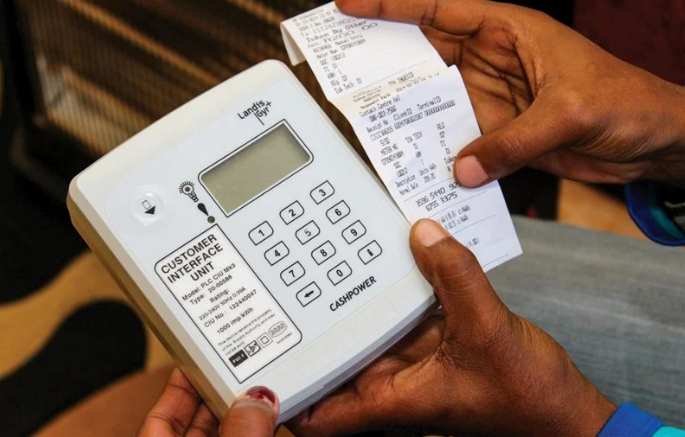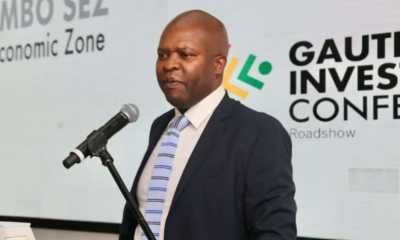411
Joburg Mayor Backs Down on Prepaid Electricity Charges Amid Public Pressure

Johannesburg Mayor Dada Morero has taken action to revise the city’s proposed tariff increases for 2025/26, citing the financial strain already burdening households. In a statement, he confirmed that there would be no increase in the availability charge for both prepaid and conventional electricity meters.
His decision followed a review of the city’s proposed budget, which was initially set to be tabled at a council meeting on 27 March 2025. Morero announced that he had requested the withdrawal of key financial reports, including the City Power tariff report and the Draft Property Rates report.
Electricity Tariff Adjustments Under Review
The initial proposal included a 12.51% electricity tariff increase, aligning with Eskom’s approved hike for municipal customers. However, discrepancies emerged regarding the actual approved adjustment, with the National Energy Regulator of South Africa (Nersa) confirming an 11.32% increase for municipalities—lower than the 12.74% adjustment for Eskom’s direct customers.
Morero also highlighted that under the initial plan, the prepaid residential availability charge would have risen to nearly R270 before VAT, while conventional residential users would have remained at R930. Though he confirmed no increase in prepaid fixed charges, he did not clarify if the initial hike proposal had been entirely abandoned.
Nersa’s approval process highlighted the difference in Eskom’s pricing structure, where direct customers see annual increases on 1 April, while municipal adjustments take effect on 1 July. Municipalities like Johannesburg must still submit their own cost assessments before finalizing consumer rates.
Also Read: City Power Expands Electricity Access Amid Joburg’s Informal Settlement Growth
Backlash Over Fixed Prepaid Charges
City Power’s controversial fixed charge of R200 (excluding VAT) for prepaid electricity users, implemented on 1 July 2024, continues to face criticism. Civil action groups argue that the fee, which effectively raises the cost of electricity for low-income households, places undue financial pressure on struggling communities.
Julius Kleynhans, executive manager at the Organisation Undoing Tax Abuse (Outa), condemned the charge, stating that it disproportionately affects families relying on prepaid meters to manage electricity costs.
“For many residents, this extra R230 per month is unaffordable,” Kleynhans said, adding that the fee discourages energy conservation efforts.
Julia Fish, manager of Outa’s JoburgCAN initiative, raised concerns about the lack of transparency in the implementation, noting that prepaid electricity tokens do not break down charges for VAT, the fixed fee, or the actual electricity units purchased.
Despite repeated requests, the City of Johannesburg has not disclosed how many households on the indigent register are exempt from the charge. However, the municipality maintains that the fee was a necessary inclusion in the 2024/25 budget, despite past attempts to delay its implementation.
As tariff debates continue, Johannesburg residents remain wary of future adjustments and their impact on household expenses.
Follow Joburg ETC on Facebook, Twitter , TikTok and Instagram
For more News in Johannesburg, visit joburgetc.com
Sourced:My Broadband


























